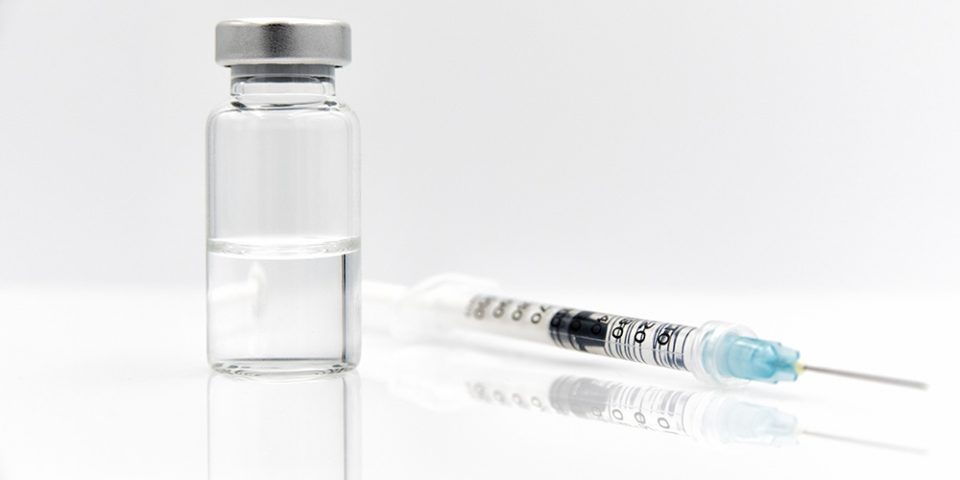What you need to know about the different types of vaccines
You may be researching and asking others their opinions as you decide whether or not to get the COVID-19 vaccine when it becomes available to you. Kacey Eichelberger, MD, offered information about the different types of vaccines and how they work to help you, as you make this decision for yourself and your family.
Live attenuated vaccines
“These are the easiest to think through,” said Dr. Eichelberger. “The vaccine gives a full germ to individuals. The germ, frequently a virus, is given in a small amount and has been weakened.”
- Current vaccines include measles, mumps, rubella and smallpox vaccines.
- This type of vaccine is NOT given in pregnancy.
Inactivated vaccines
These vaccines take the whole germ or virus and actually kill it.
- Current vaccines include the hepatitis A, flu shot and rabies shot.
- This type of vaccine is given in pregnancy.
Subunit, recombinant and polysaccharide vaccines
These vaccines take a small piece of protein or sugar associated with a germ or virus and give it to the body to make an immune response against the virus.
- Current vaccines include hepatitis B, shingles and whooping cough (pertussis).
- This type of vaccine is given in pregnancy.
Toxoid vaccines
These vaccines take something that the bacteria or virus produces instead of the bacteria or virus itself and use that to help the body create immunity.
- Current toxoid vaccines include diphtheria and tetanus (Tdap).
- This type of vaccine is given during pregnancy.
mRNA vaccines
While this is a new vaccine, the mRNA technology is not new. These vaccines work by injecting a small bit of mRNA wrapped in a small lipid nanoparticle into the body. The mRNA goes into your cell (but not the nucleus of your cell where your DNA lives), and your body uses this mRNA “instruction manual” to make a certain type of protein that looks just like the coronavirus protein. This protein helps your body create an immune response to the coronavirus by telling your body to create antibodies. These antibodies are stored and should the virus ever enter your body, the antibodies will fight it off.
- Current mRNA vaccines include the Pfizer and Moderna COVID-19 vaccines.
- This type of vaccine is being recommended during pregnancy.
“Both of the current COVID-19 vaccines offer 95% efficacy. That means they reduce the rate of infection by about 95% and they have proven to be 100% effective against severe COVID-19 infection,” said Dr. Eichelberger. “Nothing about the mRNA technology should make you nervous. I am grateful for the science that has led to a vaccine to help us fight COVID-19.”
Have questions about the COVID-19 vaccine?
Find answers to frequently asked questions about the COVID-19 vaccine, including how to get the shot.


